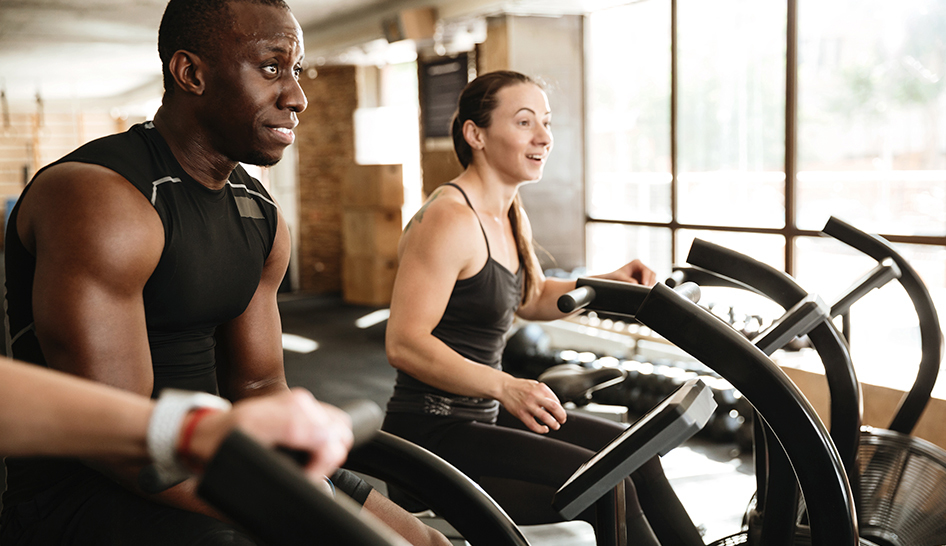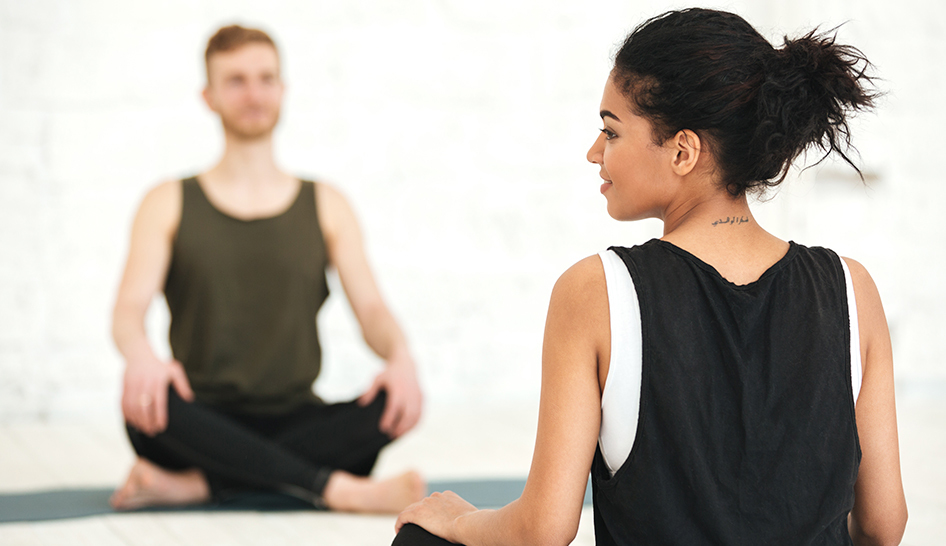Whether or not a person should resume exercising in a fitness center will depend on several factors.
- Whether or not gyms are legally allowed to open and operate in your area
- If you are in a higher risk population, or
- If you are caring for someone who is in a higher risk population
Some populations, such as those at higher risk for complications from COVID-19, have been advised by health authorities to continue taking extra precautions, which may mean staying at home even as some activities resume. But for most people, returning to the gym when fitness centers are deemed safe to reopen can be a good way to continue pursuing good health.
Going to the gym—or just exercising in general—is good for the immune system, can lower stress at a time when many are experiencing higher than normal levels of stress, isolation, and anxiety, and can provide a much-needed dose of social support and camaraderie (from a safe distance of at least one meter or three feet away).
This article highlights four reasons—backed up by evidence—that going to the gym is beneficial, including:
- physical activity and exercise can benefit immune function,
- exercise lowers stress,
- physical activity is good for metabolic health, and
- gyms are clean, and pose no specific threat compared to other public areas




